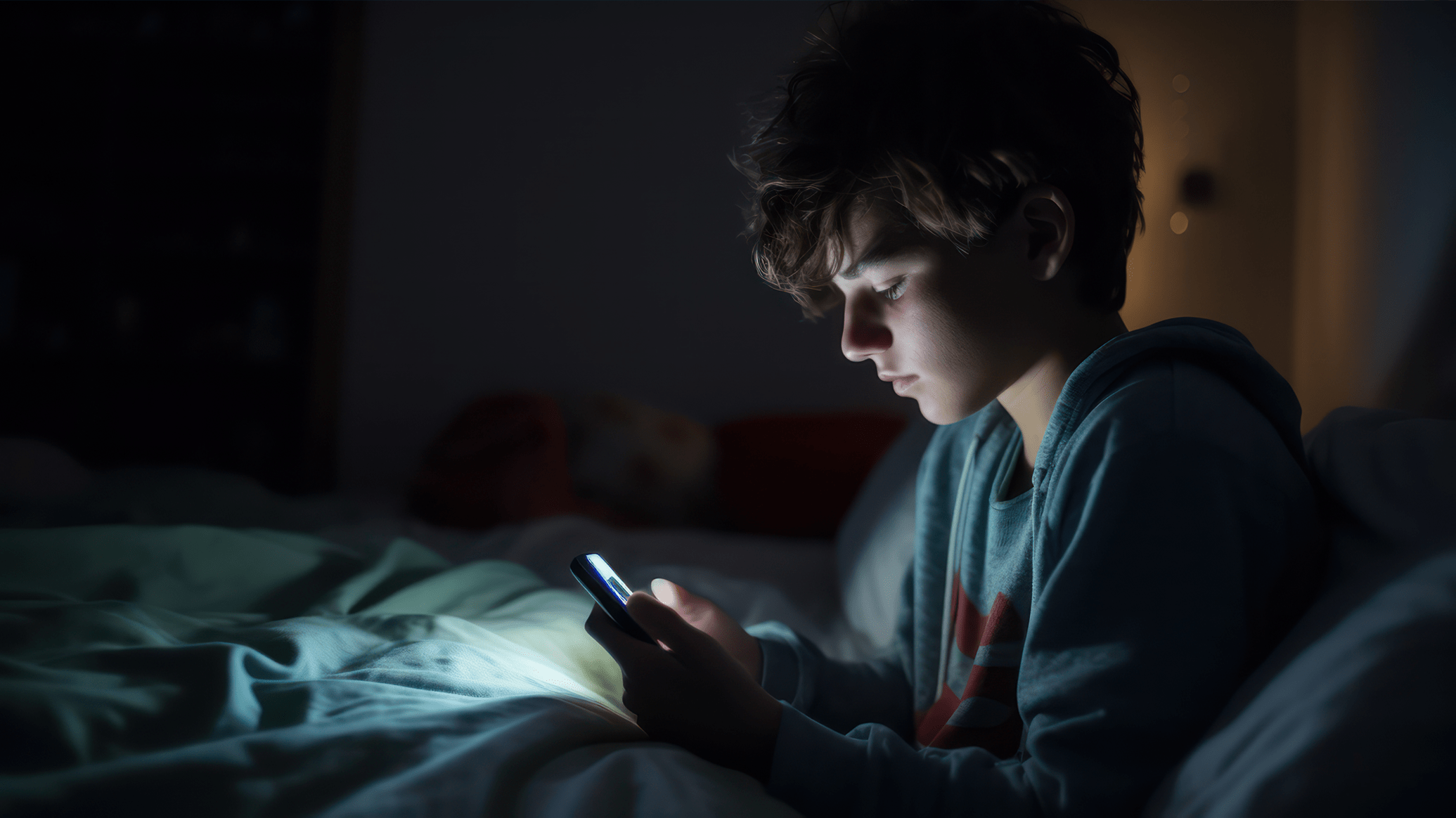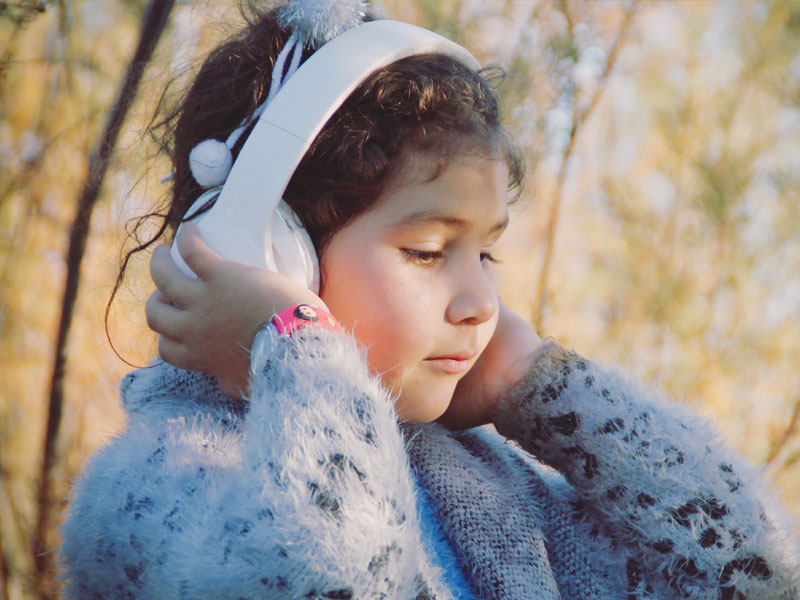Last Updated on 26th November 2025
Reading Time: 4.1 mins
April 24, 2025
Whilst sexual experimentation can be a normal part of puberty, research suggests that the impact of consuming internet pornography is detrimental to the development of young men and boys and their perspective on sex and relationships.
Pornography is no longer something “they’ll come across one day”. For many boys, it is their first introduction to sex. Surveys completed by the Children’s Commissioner found that by age 11, 27% of children had watched pornography and 55% of 16-21-year-olds watch pornography at least once per week.
Unlike real-life conversations or trusted education, pornography doesn’t come with context, emotional nuance, or evident consent. It shows performance, not connection. Power, not partnership. When boys learn about sex from content designed for entertainment and sexual gratification, it can reshape their understanding of relationships, intimacy, masculinity, and respect for women and girls.
Across the UK, Relationships and Sex Education (RSE) is a statutory part of the curriculum, but what is taught and when, differs by nation. In England, Wales, Scotland and Northern Ireland, younger pupils are taught about friendships, families, respect and online safety. In England, the recently updated Relationships and Sex Education guidance by the Department for Education states that although sex education is not compulsory in the primary curriculum, it is recommended that primaries teach this topic in Years 5 and/or 6 (Primary 6 and 7). However, more sensitive topics like sexual consent and pornography should be explicity taught in secondary school. Wales now leads with a developmental approach, embedding RSE from age 3 upwards. However, in all regions, many young people are exposed to pornography long before it’s formally addressed in the classroom, if at all. As a result, pornography often fills the gap in education, shaping young people’s understanding of sex and relationships with unrealistic and sometimes harmful expectations.

Pornography is not just teaching young people about sex, it’s also shaping their understanding of power, gender roles, and relationships. Much of the content young people encounter promotes dominance, control, and performance, rather than communication and consent. Women are often portrayed as objects, and intimacy is frequently replaced with unrealistic and sometimes aggressive acts. For boys who are still navigating their understanding of relationships, these messages can become deeply embedded. Without guidance or critical discussion, pornography becomes their trusted source, shaping their expectations of sex and masculinity in ways that can be harmful – not only to others, but also to their own emotional development and sense of self.
Pornography also plays a role in shaping a young person’s expectations around self-worth. Research suggests for many boys, porn becomes a silent guide to what it means to “be a man,” often promoting a version of masculinity rooted in dominance, emotional detachment, and physical performance. Vulnerability, communication, and mutual respect are rarely shown, leading boys to believe that these traits are unimportant or unmasculine. Additionally, a 2023 Children’s Commissioner survey suggests pornography negatively affects body image, with up to 66% of girls agreeing with this statement. Many girls commented that the unattainable body image standards presented have a damaging impact, specifically regarding the expectation that boys may have about girl’s bodies and overall appearance.
Over time, these messages can distort how young people view themselves and others. This highlights how pornography not only shapes expectations but can also undermine young people’s confidence and emotional development during a crucial stage.
Concerningly, a growing body of research suggests that young men being exposed to violent or degrading pornography may begin to normalise these behaviours. Acts like choking, slapping, or degrading language are increasingly seen by some as standard sexual behaviour, with little awareness of the importance of consent or mutual enjoyment. Without alternative narratives, boys can be left confused about what is acceptable, or even pleasurable, for their partners. This can make it harder for them to build respectful and safe sexual relationships as they grow older.
What Can You Do?
Join us on Thursday 4th December at 3:30pm for our new and improved ‘Pornography and Sexual Development’ webinar, where attendees will:
Are you an eligible Safer School? You could get access to this webinar for FREE! For more information, to check your eligibility and to book your place click the link below.
Join our Safeguarding Hub Newsletter Network
Members of our network receive weekly updates on the trends, risks and threats to children and young people online.








